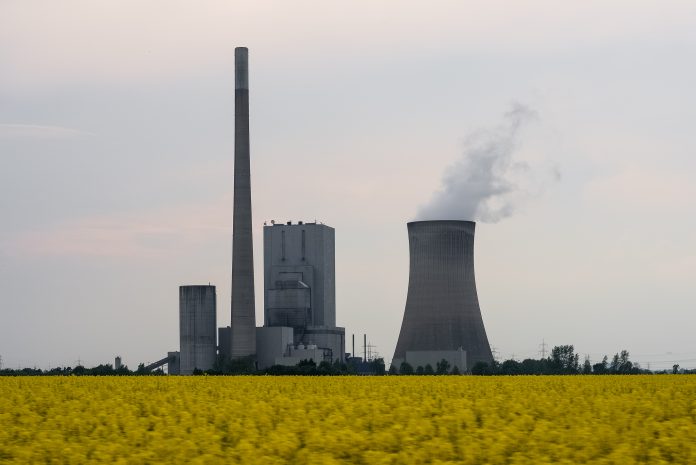The European Commission is paying coal lobby wages, as part of millions of Euros it spends every year on coal ‘research’ projects according to the European Environmental Bureau (EEB).
Documents obtained under access to information laws by the EEB reveal that prominent European coal lobbyists have received money to pay staff wages from the European Commission’s ‘Research Fund for Coal and Steel’.
Questions are also raised about conflicts of interest in an expert group that advises the Commission.
Documents obtained by the EEB include the proposal for ‘CoalTech2051’. This two-year project, which started in July 2018, does not involve any new research. Instead, it aims to create “a European Network of Clean Coal Technologists that can advise on, and influence the future direction of, coal research” and “develop a strategic research agenda for [the Research Fund for Coal and Steel]”.
“If you read the proposal it is clear that this project is just a vehicle to spend EU money on promoting coal and to influence how the EU funds are spent. This is astonishing given all we know about how incompatible coal is with avoiding climate breakdown. Clean coal is a myth, coal is an inherently dirty fuel and the EU doesn’t need to have – let alone fund – a new lobby club for one of the world’s most polluting fuels,” said Christian Schaible, a policy manager at the EEB and member of the Europe Beyond Coal campaign.
The CoalTech project also includes the costs of seven months of pay for a ‘Senior Manager’ at Euracoal, the voice of the European coal industry that has lobbied to limit EU ambition on climate change and air pollution.
“Euracoal don’t even believe their own fairy tale about clean coal. This is a group which was preparing to take EU funds to promote ‘clean coal’ while at the same time suing the European Commission for trying to cut harmful emissions,” added Schaible.
Last year Euracoal tried unsuccessfully to have new EU rules on harmful emissions from coal thrown out by suing the European Commission.
In another document released by the European Commission, the Research Fund’s 2019 priorities are listed, including; “implementing clean coal technologies that meet EU policy objectives.”
The European Parliament has called for the EU to exit coal power generation by 2030 and 22 EU countries have so far called for a climate neutral EU by 2050.
The fund is a legacy of the European Coal and Steel Community (ECSC). When the ECSC was dissolved in 2002 its remaining assets were used to establish a Research Fund for Coal and Steel (RFCS). The stated goal of the RFCS is to support “research and innovation projects in coal and steel sectors”.
The fund, worth €1.6bn, spends about €10m on coal every year. It is managed by the Commission, which consults the ‘Coal Advisory Group’ (CAG) to set priorities and reflect on project proposals. The fund came into the spotlight in January when Greenpeace Unearthed revealed its existence, which triggered the EEB’s to request the release of additional documents from the European Commission.
German coal company RWE and European coal industry lobbyists Euracoal are both members of the Coal Advisory Group and also beneficiaries of research fund money, presenting clear questions about potential conflicts of interest.
Both members of staff listed on Euracoal’s website are also listed as members of the Coal Advisory Group, so it is likely the RFCS money is being used to directly pay the wages of CAG members.
The Commission has already opened a review of the Research Fund for Coal and a final report on the fund’s future is due later this year.

